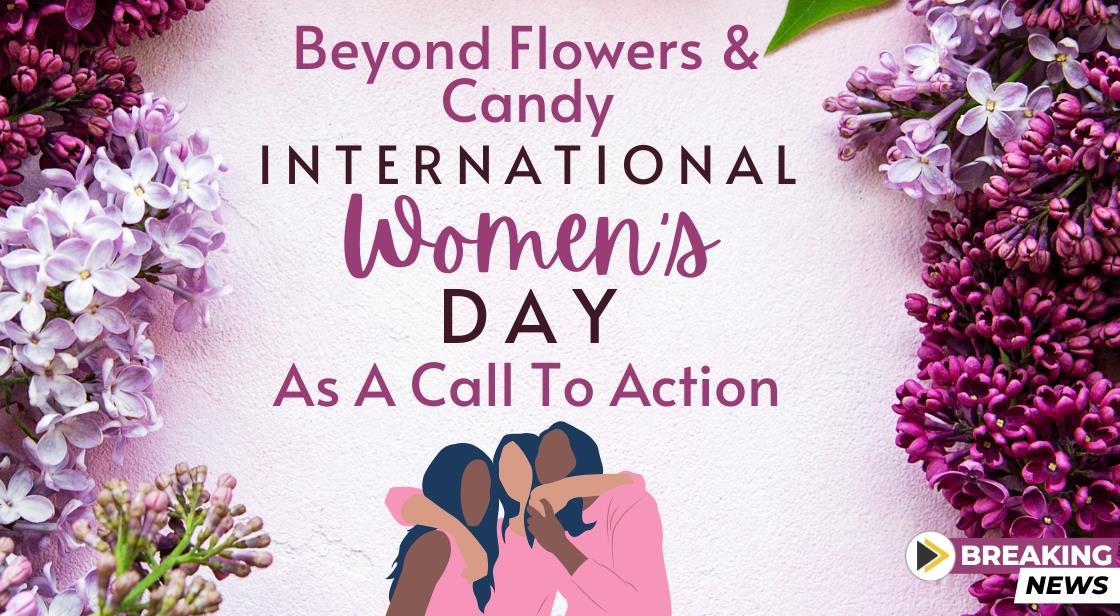Beyond Flowers and Candy: International Women's Day as a Call to Action

News Synopsis
On Friday, International Women's Day, women will demonstrate throughout the world to demand reproductive rights, equal pay, education, justice, and employment where they can make decisions, among other basic requirements.
Global Observance: International Women's Day 2024
International Women's Day was formally acknowledged by the UN in 1977 and is observed to differing degrees and in various ways around the globe.
Protests stemming from women's attempts to advance their rights as workers are frequently political and occasionally violent. The worldwide theme for this year's demonstrations is "Inspire Inclusion," and they will take place from Tokyo to Mexico City.
Here are some details on the worldwide event on March 8:
The worldwide commemoration of International Women's Day serves as a call to action. riots, ranging from violent riots to charity runs, are spearheaded mostly by women.
Global Observance and Advocacy: International Women's Day Impact
While some acknowledge and applaud the economic, social, and political contributions made by women, others call on governments to ensure that girls' education, equal pay, access to healthcare, and justice for victims of gender-based violence are all included.
More than twenty nations observe it as a National holiday, including the sole country in the Americas, Cuba, Afghanistan, Burkina Faso, Ukraine, and Russia.
Like in other spheres of life, social media is significant on International Women's Day, especially when it comes to drawing attention to protests against the mistreatment of women and dissent in general that are taking place in nations with authoritarian regimes.
The Origins and Evolution of International Women's Day
Women's Day was first proposed by the American Socialist Party in the United States in 1909, but it was a German feminist who advocated for a worldwide observance during an international meeting of socialist women in Copenhagen in 1910.
Women used the day to protest the 1914–1918 military war, and the next year, ceremonies were held around Europe to commemorate it.
Since a large-scale demonstration in Russia on February 23, 1917, which ultimately resulted in the nation's withdrawal from the war, March 8 has been designated as International Women's Day.
At the time, the Julian calendar—the invention of Julius Caesar and still in use by Orthodox churches for religious ceremonies—was still in use in Russia. The Gregorian calendar was named for Pope Gregory XIII, who instituted it in 1582.
Women's Demonstrations for Bread and Peace in Russia
Kristen Ghodsee, a professor and head of Russian and East European studies at the University of Pennsylvania, stated that women in Russia demonstrated for bread and peace on February 23, which corresponded to March 8 in Western Europe.
Mothers, spouses, and widows of men who were killed or injured in combat participated in the demonstrations. When the males saw that the ladies were walking the streets, they all began to join the women, even though the authorities were unable to stop them.









